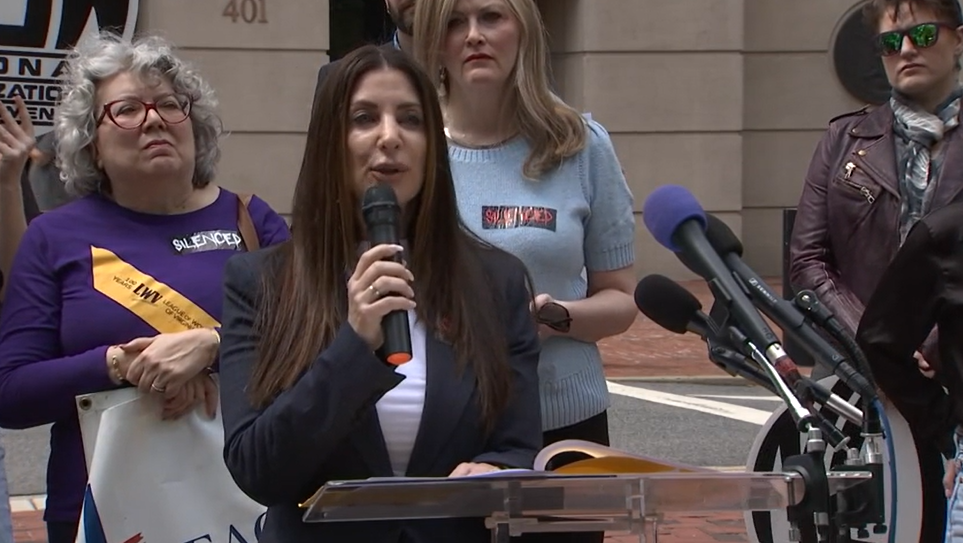Target is offering a 10 percent discount for all shoppers this week, after announcing millions of shoppers may have had their credit and debit card information stolen between Nov. 27 and Dec. 15.
The company is also offering free credit monitoring services to those affected by the breach.
If you shopped in the store then, you may be one of them -- something that more and more shoppers are realizing as the depth of the data breach becomes clear.
Here's what you can do:
Know if you are vulnerable. The information was stolen from customers who shopped at Target stores -- anywhere -- from Nov. 27 to Dec. 15. Anyone who used any kind of credit or debit card may be affected. However, the store says that it has fixed the problem now, and purchases after Dec. 15 are safe.
The theives took credit card data including the customer's name, credit or debit card numbers, and the cards' expiration date and the "CVV1" (a security code stored on your card's magnetic stripe).
If you could be affected:
Local
Washington, D.C., Maryland and Virginia local news, events and information
Watch your accounts -- now AND later: Go online now and see if any charges have been made to your credit or debit cards that you did not authorize. If you see any, immediately call the bank or store to dispute the charges.
Note that you should check any card that you have used at Target recently, including bank- or credit-union-issued credit cards, Target cards and debit cards.
Even if you don't see any suspicious charges now, make a note in your calendar to check again in a couple of weeks, and then again in several months. Thieves may have your information even if they have not used it yet.
If you see a problem, don't wait to report it; you have only 60 days to do so for a debit card, for example.
Consider cancelling a compromised debit card: Debit cards draw money from your bank accounts, and it can be harder to get that money back than it is to cancel a charge on a credit card.
Banks and credit unions have to refund money that is fradulently taken from your bank account, but it takes some time. A bank or credit union generally has 10 days to investigate the issue (20 days if your account is less than a month old). If the problem isn't resolved by then, the bank must credit your account for the full disputed amount, less a maximum of $50, while the investigation continues, according to the Consumer Financial Protection Bureau.
Check your credit report: It's a good idea to check your credit report periodically anyway, so let this be your reminder to do it. But even then, be careful.
As News4's Liz Crenshaw has reported, there is only one government-trusted, free site to obtain copies of your credit report once per year. It's called AnnualCreditReport.com, and you can request your report by calling 1-877-322-8228 or visiting their website. You have the right to request one free copy from each of the three nationside credit reporting agencies once per year.
Any other source, including the agencies themselves, may charge you.
Worried about what else the theives could steal -- such as your identity? Consider putting a fraud alert on your credit report. That will prompt credit reporting agencies to give any new application for credit extra attention. Note that this may delay any legitimate applications that you make.



